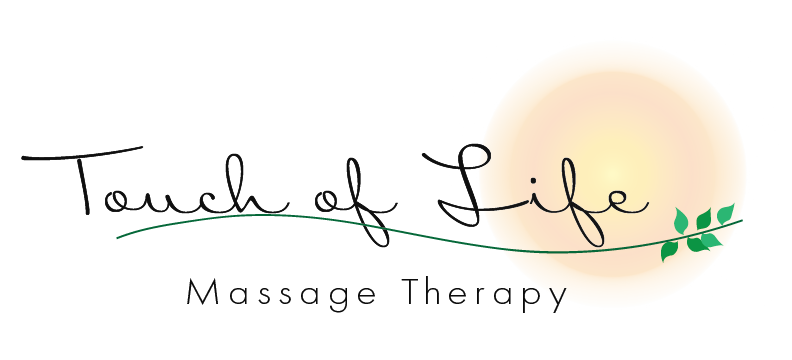Stress and anxiety are pervasive issues that affect many individuals in today’s fast-paced world. While medications are commonly prescribed to manage these conditions, massage therapy offers a natural and effective alternative that can provide significant benefits without the potential side effects associated with pharmaceuticals.
The Effectiveness of Massage Therapy
Numerous studies have shown that massage therapy can be highly effective in reducing stress and anxiety levels. A systematic review of 16 studies concluded that massage therapy significantly reduces anxiety (Subramaniam, Latip, & Aziz, 2013). This finding is supported by additional research demonstrating the positive effects of massage on various measures of stress and anxiety.
Immediate Effects on Anxiety and Stress
One of the most notable benefits of massage therapy is its ability to provide immediate relief from anxiety and stress. A study on psychiatric inpatients found a significant reduction in self-reported anxiety, resting heart rate, and cortisol levels immediately following both initial and final massage therapy sessions (Garner et al., 2014). These results suggest that massage can offer quick relief for individuals experiencing acute stress or anxiety.
Long-Term Benefits
In addition to providing immediate relief, massage therapy has also been shown to offer long-term benefits for managing stress and anxiety. A meta-analysis of massage therapy research revealed that reductions in trait anxiety and depression were among the largest effects of massage therapy (Moyer, Rounds, & Hannum, 2004). The study concluded that regular massage therapy could be as effective as traditional psychological treatments, such as psychotherapy, for managing chronic anxiety and depression.
Physiological Changes
Massage therapy’s effectiveness in reducing stress and anxiety is not solely based on subjective reports. Several studies have documented physiological changes that occur during and after massage treatments. For instance, research has shown that moderate massage can lead to an increase in vagal activities and a reduction in cortisol levels (Field et al., 1996). These physiological changes are associated with a relaxation response and reduced stress levels, further validating the therapeutic effects of massage therapy.
Comparison to Medications
While medications can be effective for managing stress and anxiety, massage therapy offers several advantages:
- No Side Effects: Unlike many anxiety medications, massage therapy does not carry the risk of side effects or dependency (Kurebayashi et al., 2017).
- Holistic Approach: Massage therapy addresses both the physical and psychological aspects of stress and anxiety, promoting overall well-being (Moyer et al., 2004).
- Immediate and Long-lasting Effects: Massage can provide both immediate relief and long-term benefits when used regularly (Garner et al., 2014).
- Additional Health Benefits: Beyond stress and anxiety reduction, massage therapy has been shown to improve other aspects of health, such as pain reduction and improved sleep quality (Subramaniam et al., 2013).
Conclusion
While medications have their place in treating severe cases of anxiety and stress-related disorders, massage therapy offers a natural, effective, and side-effect-free alternative for many individuals. Research suggests that regular massage therapy can be as effective as psychotherapy in reducing anxiety and depression, making it a valuable tool in stress management.
It is important to note that massage therapy should be performed by trained professionals and can be used in conjunction with other treatments as part of a comprehensive approach to managing stress and anxiety. As always, individuals should consult with their healthcare providers to determine the best treatment plan for their specific needs.
References
Field, T., Ironson, G., Scafidi, F., Nawrocki, T., Goncalves, A., Burman, I., Pickens, J., Fox, N. S., Schanberg, S., & Kuhn, C. (1996). Massage therapy reduces anxiety and enhances EEG patterns of alertness and math computations. International Journal of Neuroscience, 86(1-2), 197-203. https://doi.org/10.3109/00207459608985583
Garner, B., Phillips, L., Schmidt, H., Markulev, C., O’Connor, J., Wood, S., Berger, G., Burnett, P., & McGorry, P. (2014). Pilot study evaluating the effect of massage therapy on stress, anxiety, and aggression in a young adult psychiatric inpatient unit. Journal of Alternative and Complementary Medicine, 20(3), 228-233. https://doi.org/10.1089/acm.2013.0317
Kurebayashi, L. F. S., Turrini, R. N. T., Souza, T. P. B., Takiguchi, R. S., Kuba, G., & Nagumo, M. T. (2017). Massage and Reiki used to reduce stress and anxiety: Randomized clinical trial. Journal of Bodywork and Movement Therapies, 21(2), 439-446. https://doi.org/10.1016/j.jbmt.2016.07.014
Moyer, C. A., Rounds, J., & Hannum, J. (2004). A meta-analysis of massage therapy research. Psychological Bulletin, 130(1), 3-18. https://doi.org/10.1037/0033-2909.130.1.3
Subramaniam, S., Latip, H. F. M., & Aziz, M. S. A. (2013). Massage therapy for anxiety reduction: A systematic review. Journal of Clinical Psychology, 69(5), 533-543. https://doi.org/10.1002/jclp.21939


